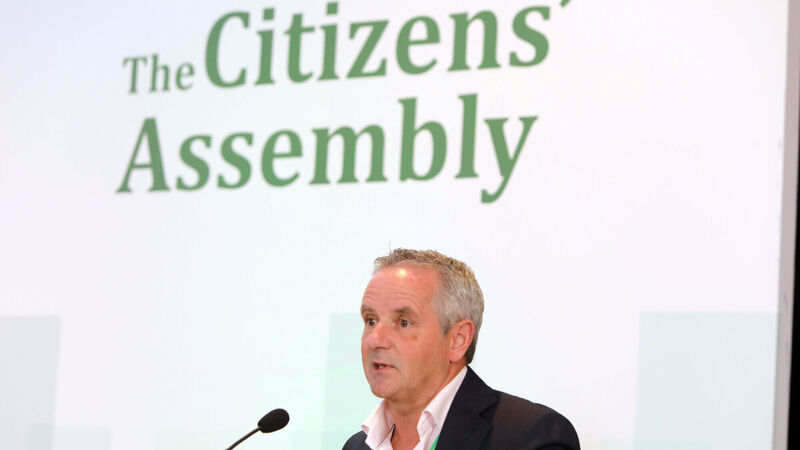Citizens’ Assembly doesn't have 'expertise or time' to identify law changes on drug possession

Citizens' Assembly chair Paul Reid told members of the Oireachtas Drugs Committee 'you are the legislators' after Sinn Féin deputy Mark Ward put it to him 'you are pushing it back to us', to untangle the legal issues. File photo: Maxwell Photography/PA
The chair of the Citizens’ Assembly on Drugs told members of the Oireachtas Drugs Committee that it didn’t have the “expertise or time” to identify what laws needed to be changed to implement their recommendation to decriminalise possession of drugs for personal use.
Paul Reid said “you are the legislators” after Sinn Féin deputy Mark Ward put it to him “you are pushing it back to us”, to untangle the legal issues.










